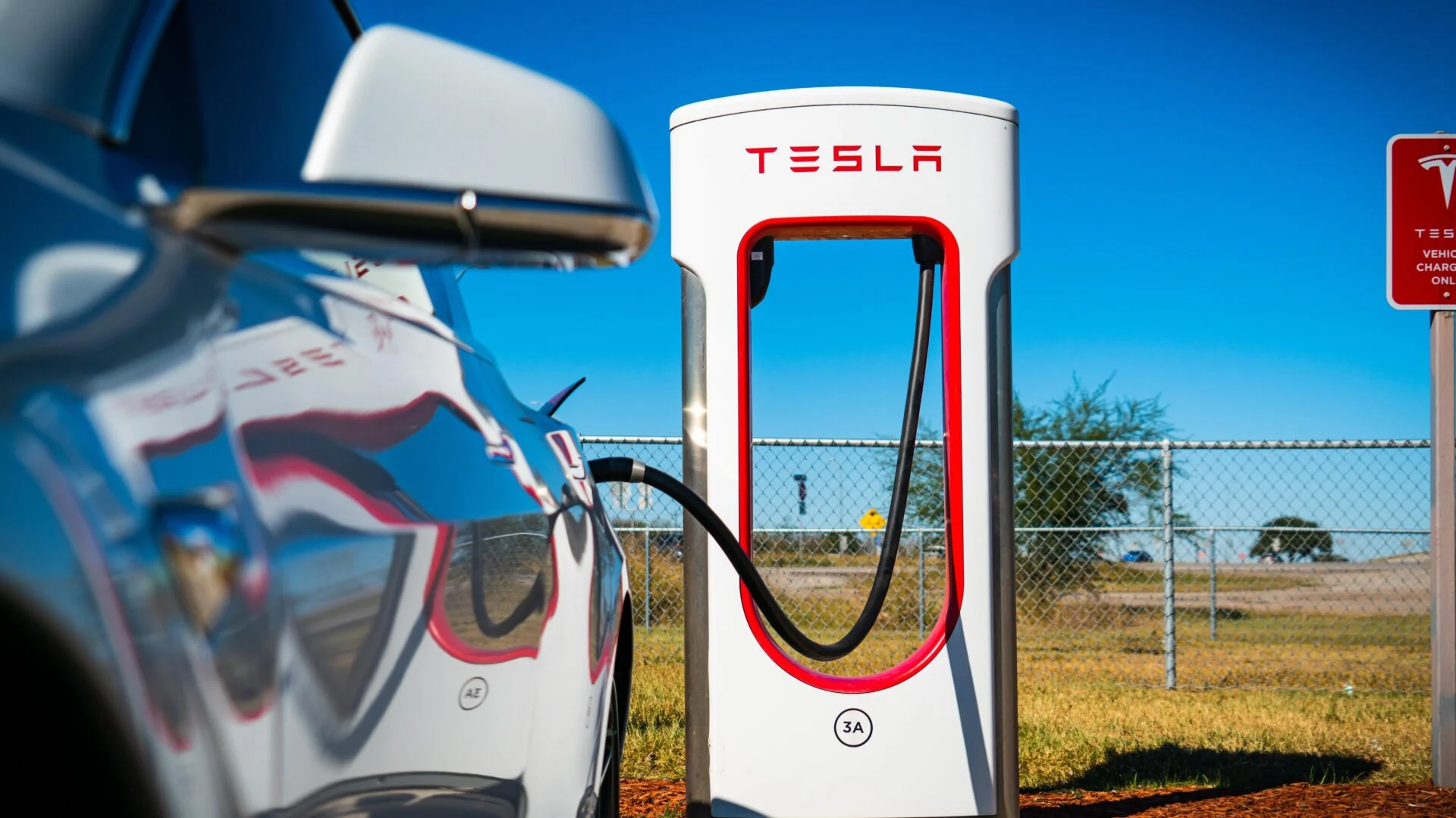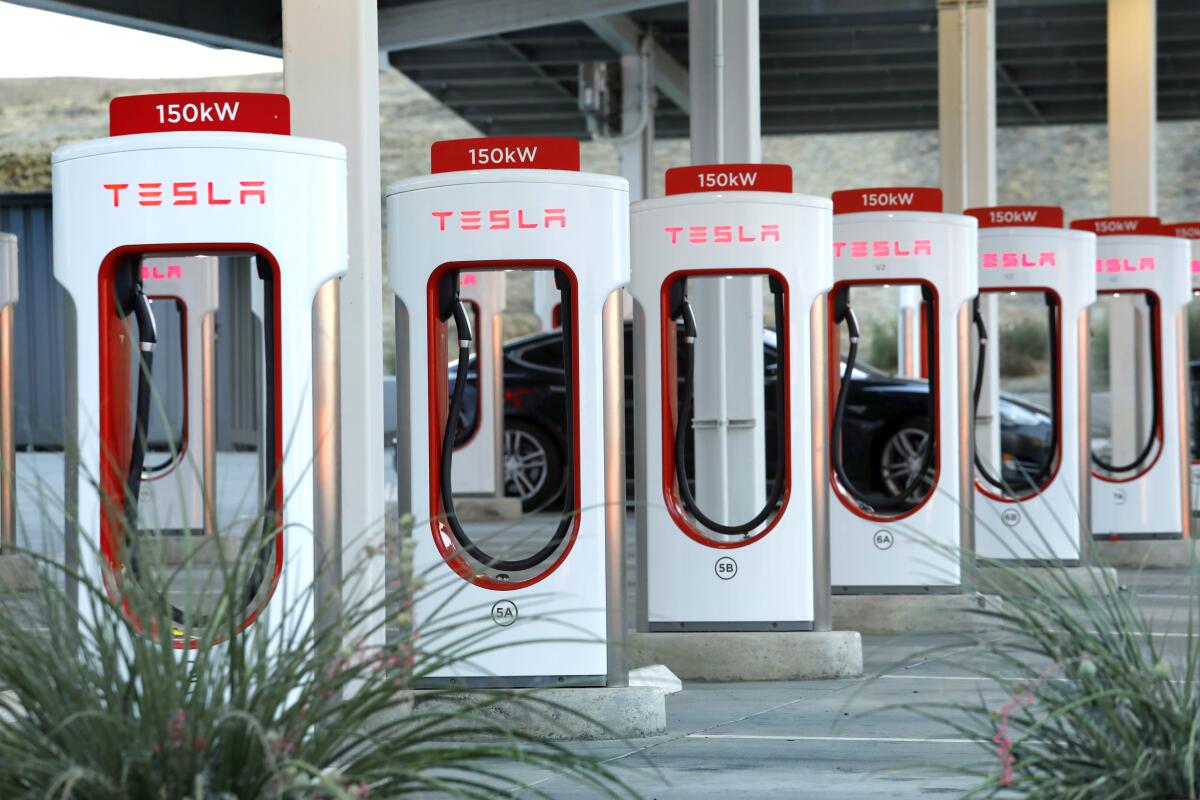The Biden administration revealed new measures on Wednesday aimed at addressing the ongoing issue of finding compatible charging stations for various electric vehicle (EV) models when driving long distances.
The plan, announced Wednesday, aims to resolve this issue by developing a network of both government and private chargers that are compatible with any EV.
This announcement also includes commitments from companies like Tesla (TSLA), General Motors (GM), and others to build their own interoperable charging stations that will complement the government’s system.
“These new standards will make it so that you can charge your EV along major highways as easily as you can fill up for gas — no matter what kind of car you drive or what state you’re in,” said White House Infrastructure Coordinator Mitch Landrieu.
During a call with reporters on Tuesday to preview the announcement, Landrieu added that the deal with Tesla and others was initiated during a virtual April 2022 meeting attended by EV CEOs.
“Elon Musk was on that call,” Landrieu said. “He was very open, he was very constructive, and, at that time, he said his intent was to work with us to make his network interoperable.”

Since then, Tesla has committed to building a network of at least 7,500 chargers, which the White House promises will be available to all EV drivers by the end of 2024. Tesla and other companies also have the option to retrofit existing chargers to comply with the interoperability standards.
In addition to Tesla, several other companies are announcing plans this week, according to the White House. Hertz and BP are constructing a network of interoperable stations primarily centered around airports.
Another partnership between Pilot Company, General Motors, and EVgo will establish another network of private, fast chargers at existing Pilot and Flying J roadside stops.
Other smaller private commitments announced by the White House on Wednesday came from companies like TravelCenters of America, Mercedes-Benz, Volvo, and Starbucks.
Some companies assure that the first chargers will come online this year, while Biden officials promise the final experience will be user-friendly and “eliminate the current practice of loading up your iPhone with 30 different apps, depending on where you pull up to charge.”
A goal of 500,000 electric vehicle chargers by 2030
EV charging infrastructure has long been a pain point, with Mazda USA CEO and President Jeff Guyton recently telling Yahoo Finance Live that the infrastructure is “not really mature yet, so we think that the customer experience right now suffers a bit.”






Leave a Reply